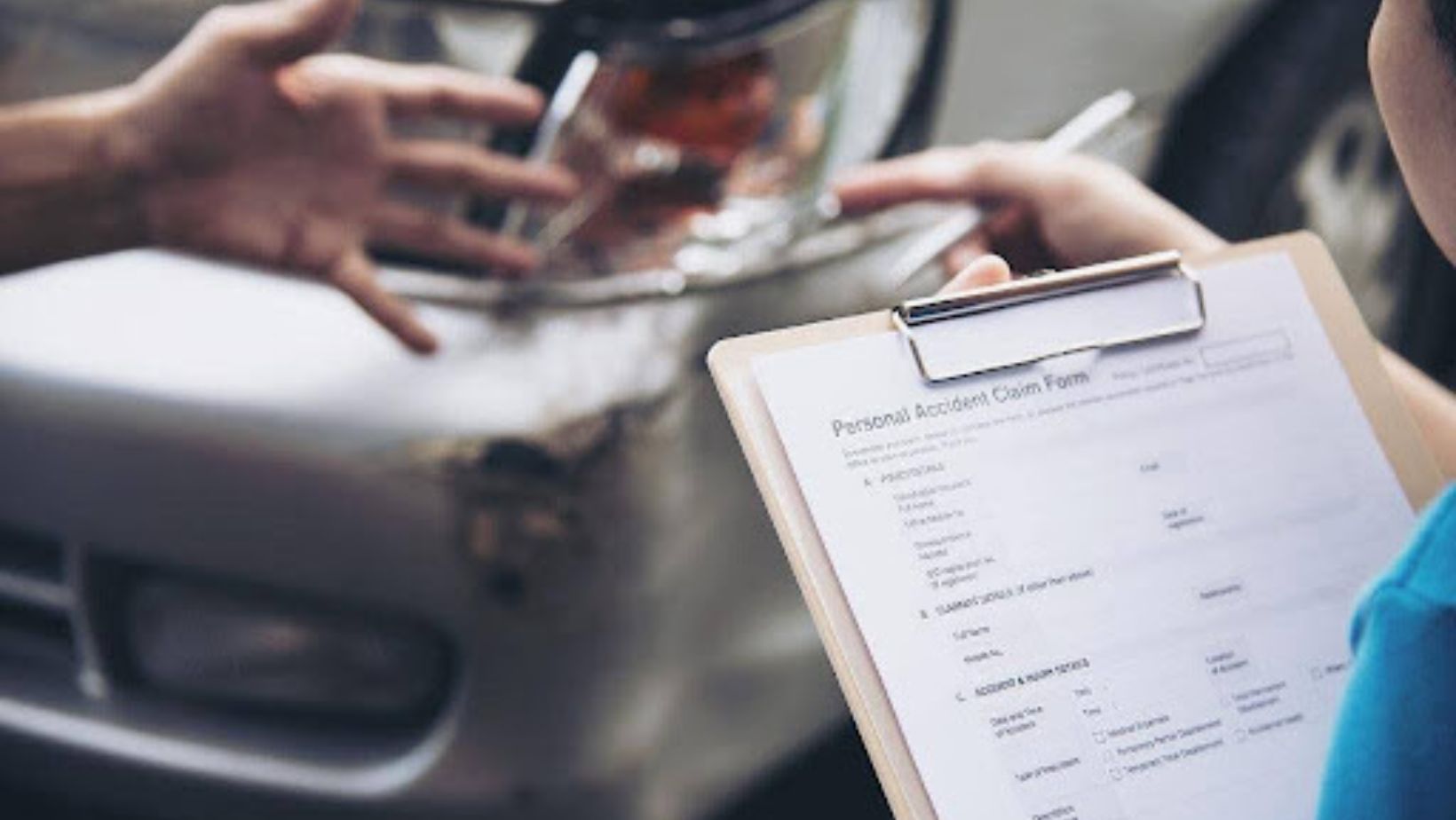After an accident, insurance companies don’t just hand over money and wish you well. They go through a whole process to figure out what happened, who’s responsible, and how much they’re willing to pay out. And if you’re not ready or don’t know how it all works, you could end up getting way less than you should actually get.
So let’s walk through what actually happens, how it works behind the scenes, and what you need to do to protect yourself. Whether it’s your insurance company or the other driver’s insurer handling the claim, they all follow a similar process. It might look simple on the surface, but there’s a lot going on behind the scenes that you really should know about.
If you ever feel overwhelmed at any point, it’s always okay to get help from a trusted car accident attorney, especially if things start getting tricky or if the insurance company is dragging its feet.
What Really Happens After You Report the Accident
The moment you contact your insurance company (which is hopefully as soon as possible after the accident), you officially set things in motion. Whether you’re dealing with your own insurer or the other driver’s, the process usually follows the same basic steps.
First, a claim is opened. This just means the insurance company has created a file with your name on it and started collecting the basic facts: where the accident happened, who was involved, what the damage looks like, and whether anyone was injured.
Then, they assign your case to a claims adjuster. This person isn’t just some random employee; they’re the one who decides how your case is handled. Think of them as part detective, part negotiator, part gatekeeper.
Their job is to figure out what happened, who’s at fault, and how much, if anything, the insurance company should pay. And remember, adjusters work for the insurance company, not for you.
They’ll look at the police report, speak to witnesses, review any photos or videos, and might even inspect the vehicles or visit the scene. They’re gathering every bit of evidence they can to build a version of events that the insurance company can stand behind, whether or not it lines up with yours.
How They Decide What Your Claim Is Worth
Once they’ve made a call on fault (or even while they’re still figuring it out), the next big step is putting a number on your damages. And no, this isn’t just about fixing your car. It’s about everything you’ve lost or had to pay for because of the accident.
That includes medical bills, prescriptions, physical therapy, and transportation costs. It also covers lost wages if you had to miss work. And if your injuries are serious, they may need to account for long-term recovery or future treatment.

As for your car, they’ll either calculate how much it’ll cost to fix or decide it’s totaled. If it’s totaled, they’ll offer you what they think the car was worth just before the accident. But don’t assume they’ll be generous. Their valuation is often based on the lowest end of market pricing, and they do not include things like custom parts or sentimental value.
What You Can Do to Make Your Claim Stronger
You don’t have to be an expert to handle a car accident claim well, but you do need to be organized and careful.
Start by documenting everything. That means keeping receipts for medical expenses, logging missed work days, and saving emails or texts related to the accident. If you spoke to the other driver or any witnesses, write down what they said. If you see a doctor, follow their advice and keep a record of every appointment.
Avoid giving a recorded statement too early. Adjusters know how to ask questions that can twist your words or make them sound like the accident was your fault. If something feels off, you can ask to delay the call or speak with a lawyer first.
Also, take time to actually read your insurance policy. Don’t assume you’re covered for everything just because you pay your premiums. Know what’s included and what’s not. If something’s unclear, ask someone you trust or get legal help.

